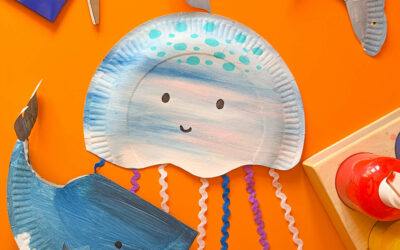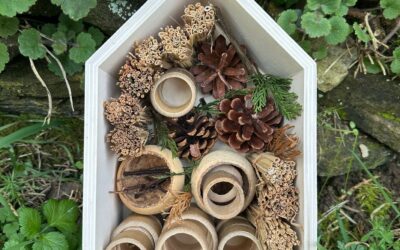Nurturing a Growth Mindset in Early Years Settings
This expert article was kindly written by Inés Lawlor who has over 20 years experience in occupational therapy. She has worked with children with neurodevelopmental conditions, intellectual disability and more recently mental health difficulties in clinics, home and education settings.
Say yes to ‘Yet’
We have all heard expressions such as ‘look on the bright side’ or ‘every cloud has a silver lining’, but is there any evidence that a more positive perspective on life events can improve the way we feel about them? A ‘growth mindset’ is a person’s belief that the feelings they’re experiencing (such as sadness, worry, fear etc) will or can be changed.
Having a growth mindset (as opposed to a fixed mindset) is usually accompanied by a feeling that a person can influence the impact of, or change events, that are happening around them. For example, a child struggling to complete an art activity or construction project, who has a ‘fixed mindset’ might say to themselves “I can’t do this, I’m no good at this” and abandon the task. In contrast, a child with a growth mindset may think to themselves “This is tricky, I better ask for help” or “I haven’t got the hang of this yet” and persevere.
Having a sense that one can influence or make a difference to our own life events or difficulties (also sometimes known as locus of control), makes people more likely to persevere at tasks, be less affected by failures and cope with major stressful life events.
Research also shows that children and adolescents who naturally have, or have been taught to adopt, a growth mindset show a decrease in mental health conditions (such as anxiety and depression). So, it makes sense to introduce growth mindset concepts and vocabulary into early years settings in every activity the children are taking part in. Young children are learning (language, academic skills, social skills, motor skills, etc) in every experience or interaction they have. So, embedding growth mindset vocabulary into all tasks will make it become second nature to them as they get older. This will help build resilience for mental health difficulties or stressful life events should they encounter them later on in life.
Young children are learning (language, academic skills, social skills, motor skills, etc.) in every experience or interaction they have, so embedding growth mindset vocabulary into all tasks will make it become second nature to them as they get older and help build resilience for mental health difficulties or stressful life events should they encounter them later on in life.

Within education settings, key phrases such as:
- “We are still learning about…”
- “That was good practice, we’ll get the hang of it the next time…”
- We can give it another try later”
- “We/you haven’t learned to do that yet”
all give the child a sense that even though they might be finding a task difficult or beyond them at the moment, there is a chance that they will be able to do it at another point in time. This attitude encourages perseverance which makes them more likely to succeed and boost self-esteem at having overcome a challenge.
As educators, it’s important to praise the effort not the end-product (e.g. “I can see you’ve worked really hard on that”). Modelling a growth mindset in relation to your own mistakes (e.g. “I haven’t learned to draw that yet” or “I still find numbers really tricky”) can also help children see that growth and learning are lifelong and mistakes and struggles are challenges which can be fun to overcome!
Take a look at our mental health and emotional wellbeing hub for more support and helpful information.
Related blogs
World Ocean Day Craft Ideas
Try out these lovely paper plate crafts of some of our oceans most beautiful yet endangered sea creatures with your children.
Make a Bug Hotel with Young Children
Treat your tiny garden visitors to a beautiful new place to stay by creating a bug hotel with your children for them to visit.
St George’s Day Dragon Craft
Introduce your children to the legendary tale of George and the Dragon with our St George’s Day dragon craft!


